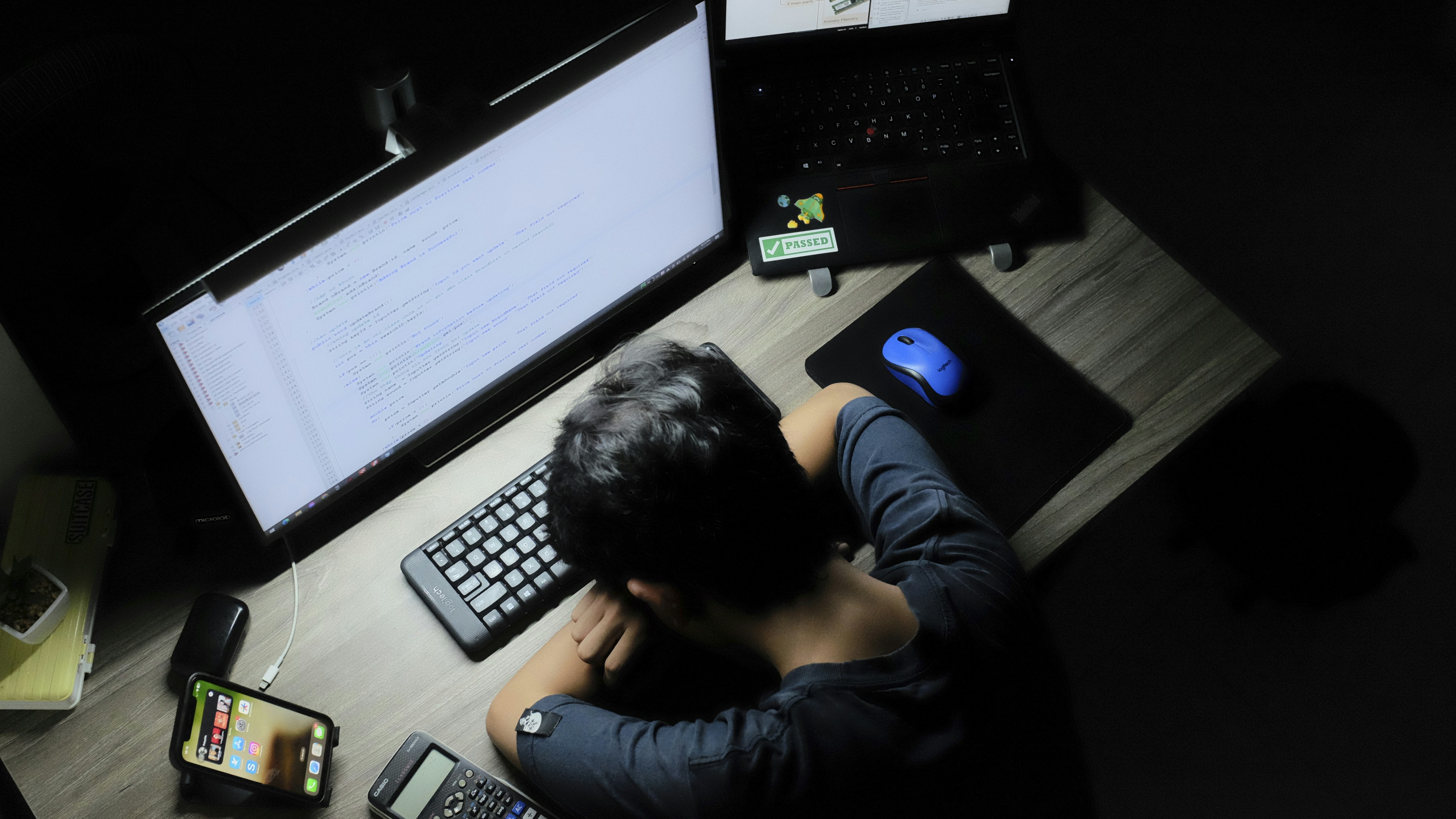There’s a romantic idea that conspiracy theorists are wide-eyed truth seekers, bravely connecting dots the rest of us are too blind to see. In reality, according to new psychological research, a decent chunk of them simply need a nap.
A team at the University of Nottingham discovered that the less you sleep, the more likely you are to believe that the Notre Dame fire was part of a cover-up, that vaccines are a global plot, or that your neighbour’s cat works for MI6. It sounds harsh, but the data is brutally clear: poor sleep makes your brain reach for the easiest explanation available, which is usually the one with shadowy cabals meeting in basements, as shown directly in the University of Nottingham study.
The researchers exposed hundreds of participants to different narratives about the Notre Dame fire. Those reporting lousy sleep were consistently more likely to endorse the conspiratorial one, showing a vulnerability that appears to stem not from stupidity, but from emotional fatigue. It isn’t the tiredness alone that drives the belief, it’s depression, confirmed in the replicated findings published via PubMed, acting as the psychological linchpin between sleep loss and conspiratorial thinking.
It makes perfect sense. When your emotional buffer is destroyed, your brain starts scanning for simple explanations to restore some sense of control. Conspiracy theories are perfect for this. They take the chaos of the world, boil it into a single villain, and say, “There. That’s why everything feels shit.” A tired mind finds that comforting, the same way a drunk bloke finds comfort in kebabs at 2am.
The research also lines up with what we know about the cognitive damage caused by sleep deprivation. According to the Sleep Foundation, lack of sleep erodes attention, memory, problem-solving, emotional regulation, and the ability to tell nonsense from reality. Combine a tired brain with a depressed emotional state and you basically get a human being one YouTube autoplay away from joining a flat-Earth Facebook group.
There’s another twist: poor sleep doesn’t just make you bad at evaluating information, it makes you more suggestible to misinformation. Studies on the misinformation effect show that tired brains absorb false details more easily, especially when emotional regulation is already compromised. It’s like your cognitive firewall is running on battery-saver mode.
This is why the paper frames the whole thing as a public health issue. Sleep deprivation is everywhere now, a low-grade national illness. Combine that with algorithmic feeds optimised for outrage, and you get a society made of tired, irritable, emotionally frayed people scrolling through infinite conspiratorial junk. Researchers in infodemiology warn that misinformation itself worsens sleep, which then increases vulnerability to more misinformation, creating a perfect cyclical disaster.
The solution isn’t glamorous: it’s sleep. Not melatonin gummies, not influencer-led “sleep hacks,” not blue-light glasses marketed by someone called Skyler, but actual sleep. Slow-wave, restorative sleep, the kind that improves resilience and reduces vulnerable emotional states linked to conspiracy mentality, as described in clinical studies of insomnia.
Zoom out, and the picture is quietly tragic. People don’t fall into conspiracy thinking because they’re broken. They fall because they’re exhausted. Because the weight of life compounds. Because emotional resilience is finite. A tired mind grabs at whatever narrative feels easiest, even if that narrative involves clandestine committees burning down cathedrals or billionaires controlling the weather.
If there’s a message here, it’s brutally simple:
Before trying to deprogramme someone who thinks the moon landing was filmed in Milton Keynes… check if they’ve slept.
The line between rational citizen and conspiracy theorist might genuinely be eight hours.


Ok except how is it the easiest solution to believe in conspiracies? I mean looking at everything going now within our government and with the recent exposure of the Dept of the Treasury’s twitter account being run from Israel? Seems like the conspiracy people are ending up right more often than not these days
Totally hear you. The point of the article isn’t that conspiracy thinking is “the easy option” or that people are imagining things the world genuinely is getting stranger, and institutions aren’t exactly helping their own credibility.
The study just highlights that tired brains are easier to sway, in any direction. It doesn’t say the conclusions people reach are automatically wrong only that clear thinking gets harder when you’re running on fumes.
You’re right to question things. Just best to do it with a fully-charged brain.
Thanks for jumping in.